
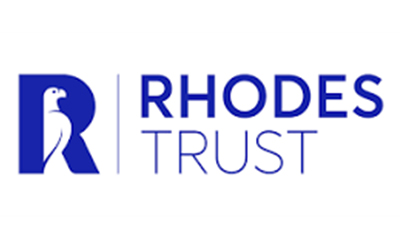

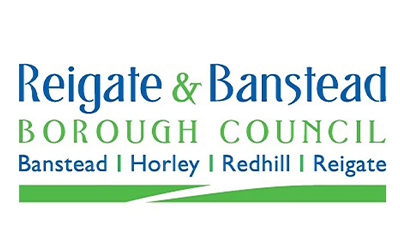
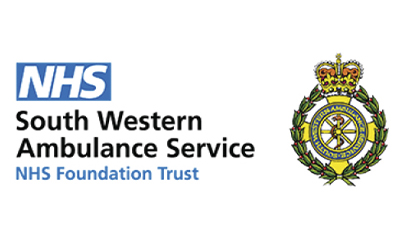
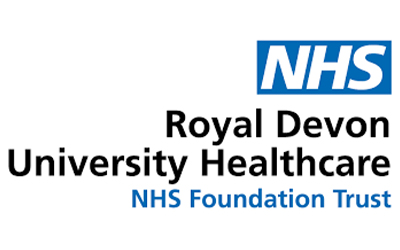
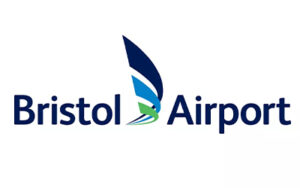

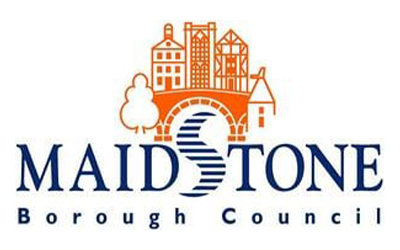
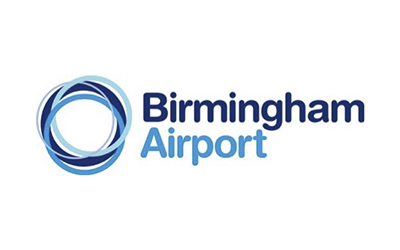
overview
Ensure Compliance
with our CCTV Passport to Compliance Services
The Surveillance Camera Commissioner’s passport to compliance is there to guide you through the relevant principles within the Surveillance Camera Code of Practice. The passport to compliance puts the responsibility for surveillance camera systems in the hands of the organisation. Its purpose is to guide organisations through stages, addressing the planning, installation, and operation of surveillance systems. In meeting these outcomes, your organisation can be assured that it is meeting the 12 guiding principles in the Surveillance Camera Code of Practice, along with other relevant legislation. The Surveillance Commissioner provides that the completion of this documentation can be delegated to an authorised person, or consultant.
The passport to compliance is broken down into three stages:
Stage 1: Justification and planning.
Stage 2: Operation requirements and system specifications.
Stage 3: Implementation.
Stage 1 allows you to identify if the surveillance cameras are necessary and justified, in pursuit of your aims and objectives. Stage 2 looks to further address and identify the purpose of observation, operational issues, system requirements, and camera maintenance. Stage 3 goes on to conclude the planning and development of the surveillance systems, setting out clear objectives, roles and responsibilities, and taking any necessary actions to mitigate risks.
We understand that not every organisation has the resources or expertise to address surveillance camera compliance. Our surveillance camera passport to compliance service includes hands-on support, to guide you through the individual stages. We can help you identify any risks or actions required to address ongoing or proposed installations of surveillance camera systems, to meet the standards set out by the Surveillance Camera Commissioner. Should you decide to go through the stages of completing the passport to compliance, we can provide you with the support and guidance required. This can be tailored to your needs, ranging from a high-level review, in the form of a report that can be presented to your board or senior management, to a full review of all systems in place, with the completion of associate documentation set out by the Commissioner, in addition to Data Protection Impact Assessments (DPIAs), policies, procedures, SAR forms and guidance, and associated training, designed to provide operational guidance for all staff levels.
We can provide our services onsite or offsite with minimal disruption to your team, whilst providing independent guidance and assurance. Using DPAS can be a cost-effective and efficient way to safeguard your organisation, allowing you to focus on other core business activities.
Our team of experienced professionals can help you navigate the complex world of surveillance cameras, assessing your organisation’s compliance with the Surveillance Camera Commissioners 12 guiding principles of compliance. By choosing our services, you can enjoy peace of mind knowing your organisation’s compliance requirements are being addressed to ensure you protect the privacy of individuals.
passport to compliance
SWAST wanted a refresh of their CCTV policy and a new Body Worn Video policy.
The data protection consultant worked with the team at SWAST to understand their CCTV and BWV processing and created a public-facing policy that was easy to understand and cover all related laws.

"
DPAS have been hugely helpful in recent years in ensuring that SWAST are doing our best and continuing to comply with information governance best practice and compliance.
From our experience, every one of the team are knowledgably and extremely competent. We have benefited from the a range of services from DPAS and specifically acting as our Data Protection Officer, offering training, advice and adding to our Information Governance capacity which was welcome and much needed.
tim bishop
south western ambulance services foundation trust
Benefits
- compliance with the law
By using the passport to compliance, you will be able to accurately document your use of surveillance camera systems. In reviewing your organisations camera systems, we will be able to guide you through the different stages, helping you comply with the applicable legislation, regulations, and codes of practice.
- improved focus
We will work closely with your organisation to ensure that services don’t put a strain on your existing resources and allow you to focus on your core business activities. This can help improve overall efficiency and productivity within your organisation.
- expertise and skills transfer
When you choose our services, you gain access to a team of expert data protection consultants who have specialised knowledge and experience. While providing you with the passport to compliance, we can help support your employees with the transfer of skills and knowledge.
- public safety
Surveillance camera compliance helps maintain public and employee safety in various settings such as office buildings, vehicles, town centres, schools, and other public spaces. Assessing your level of compliance with the Surveillance Camera Commissioners 12 Principles of Compliance will help identify potential threats, allowing for prompt intervention and response.
- peace of mind
By having an external company support you with your compliance obligations, you get peace of mind in knowing that the systems you have in place are documented as a part of your passport to compliance. It will promote a sense of security knowing your system operations are in-hand, and will allow for a safer environment, both for employees and members of the public.
What's Included?
Guidance in completing the surveillance camera commissioners passport to compliance. We can tailor the level of service you require, to suit your organisation’s requirements.
Advice and guidance on navigating the different pieces of legislation imposed on organisations that use surveillance cameras.
The opportunity to access enhanced support with surveillance camera systems, along with assessing what actions need taking after completing the passport to compliance, including the need for the completion of Data Protection Impact Assessments (DPIAs), other associated documentation, and the opportunity to access bespoke training to address any knowledge gaps within your organisation.
Report drafting, that can be fed into your organisation’s board and senior management meetings. You can also use us as representation at such meetings, where we can present our findings, feeding back to the senior members of your organisation.
Monthly updates on ICO guidance. Bi-weekly data protection bulletins, and the opportunity to attend webinars where we discuss up and coming developments.
Access via our online portal to a full suite of free templates, tools, policies, and more.
Meet Our Team Of DPO's & CONSULTANTS

Nigel Gooding
Chief Data Protection Officer

Natalie Bennett
Head of Data Protection Consultancy

kristal rocks
DATA PROTECTION CONSULTANT

Lauren Durham-Hutchins
SENIOR DATA PROTECTION CONSULTANT

Gary O'Reilly
Legal Counsel Consultant

teresa gudge
DATA PROTECTION CONSULTANT
WE WORK WITH FTSE 100s Multi-National Organisations Schools Universities Councils Local Governments Agencies NHS Trusts GP Practices Retailers Charities Multi-Academy Trusts Housing Associations Ambulance Services Insurance Companies Sporting Associations Airports Retail Companies Hospitality Businesses
We decided to use DPAS because we felt they were a good fit for the BOXPARK brand, being a boutique data protection advisory company. Since the commencement of the project, we have received fantastic service delivered by a great team - making a highly complex project easy to digest. They hit every deadline and continue to provide us easy-to-understand data protection advice and support.

They went out of their way to support me in a short timeframe, not only to fulfil my data privacy criteria - which included more complex special category data processing - but also with trusted legal support, which - being all under one DPAS roof - was easier to access and significantly more time and cost effective.
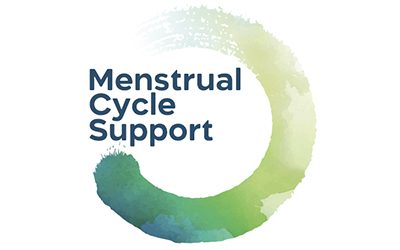
We enlisted DPAS to help with our journey to GDPR compliance, as we didn't have the resources and skills within our team. DPAS' approach was thorough, efficient and remarkably unobtrusive from an operations perspective. Post completion of the project, we had a clearer idea of the risks and issues that attend GDPR compliance directly, and could tidy up in-house data processing to ensure we are more efficient as a business.
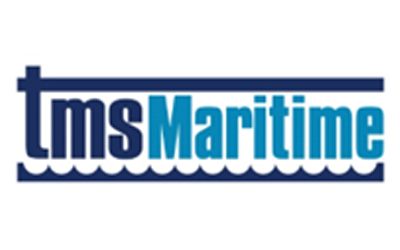
On top of an already demanding workload, we had a new system integration, a merger to form a new Trust, and the impact of COVID to deal with. DPAS really helped to take the pressure off by assisting with complex SARs, and DPIAs. With no idea how many SARs you may receive, having the ability to flex by using additional resources can be quite useful. Knowing I can rely on Charlotte's support with DPIAs and data sharing agreements really takes the pressure off. It's really helpful having someone that can take the time out to review requests.
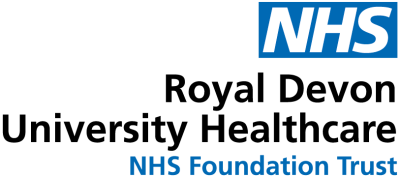
Bristol Airport have worked closely with DPAS for several years, and they have been instrumental in providing their services, helping us to deliver transformative projects across our airport.
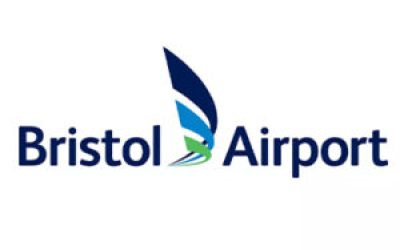
DPAS have been hugely helpful in recent years, in ensuring that SWAST are doing our best and continuing to comply with information governance best practice and compliance. From our experience, every one of the team is knowledgeable and extremely competent. We have benefited from a range of services from DPAS and specifically with them acting as our Data Protection Officer. They have offered training and advice, and added to our Information Governance capacity, which was welcome and much needed.
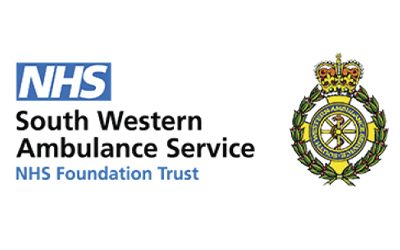
We were looking for an independent review and audit of our data processing activities and policies across the Rhodes Trust and our partner programmes. When we went to the market, DPAS impressed us with the breadth and depth of the services they offered. We are a relatively complex organisation, but the DPAS team quickly understood how our work fits together, and throughout the audit process, I’ve appreciated the expertise of each member of the team that we’ve worked with. Their advice throughout has been reassuringly thorough, pragmatic, and tailored to our needs.
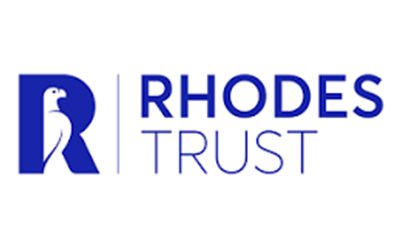
The University of Exeter Students’ Guild were keen to ensure we were delivering our GDPR commitment on time and on track. We therefore needed a qualified Data Protection Officer to monitor our progress, provide assurance that we were on the road to compliance, and maintain the role going forward. We sourced DPAS as they were local and have 20 years of data protection experience. We are very happy with the high standards of service received, and the training provided was not only delivered professionally, but completely tailored to our business type. I highly recommend Data Privacy Advisory if you have GDPR worries or you are considering having a Data Protection Officer look after your organisation.

DPAS provides us with excellent, responsive advice when we need to supplement our in-house resource – a great, reliable service when we need it most.

When faced with a complex Subject Access Request, we went out to the market to look for a provider that had the knowledge and experience to complete the data conversion and redaction on our behalf. We were impressed with the team at DPAS from the offset and entrusted them to deliver the required redacted documents within the legal timeframes. We found the team responsive and also accommodating when we needed tweaks to how the final information was presented – I wouldn’t hesitate using the team at DPAS again.

WHY OUR
CUSTOMERS
CHOOSE US
WHAT MAKES US DIFFERENT
Easy to understand data privacy and information security services that are always accessable, consistenty pragmatic and continually exceeding expectations.
- additional skills and expertise
Keeping up to date with changes in data protection regulations, and best practices, can often be challenging for organisations. By outsourcing to an expert consultancy like us, organisations can access data protection professionals who stay up-to-date with the latest developments, case law, and have the subject matter expertise to support your organisation.
- versatility
Our services can be applied across multiple industries and sectors. We can tailor our approach to suit your needs. By using our expertise and resources, you will be able to address other areas of compliance within your business.
- subject matter expertise
We have a wealth of experience in delivering surveillance camera projects and training, to public, private, and third sectors. We understand that each organisation faces different challenges with the use of surveillance cameras, and every organisations needs differ.
- affordable approach
We are extremely competitive, and our work consistently exceeds our customers’ expectations. Instead of hiring and maintaining an in-house team or seeking external legal advice, we’ll work closely with you to develop a customised plan that meets your specific needs, and budget.
- continuous improvement
We can work with you to ensure ongoing compliance. With our up-to-date knowledge on current and changing legislation for the use of surveillance cameras, and codes of practice, we can support you in navigating a constantly evolving area of the law.
